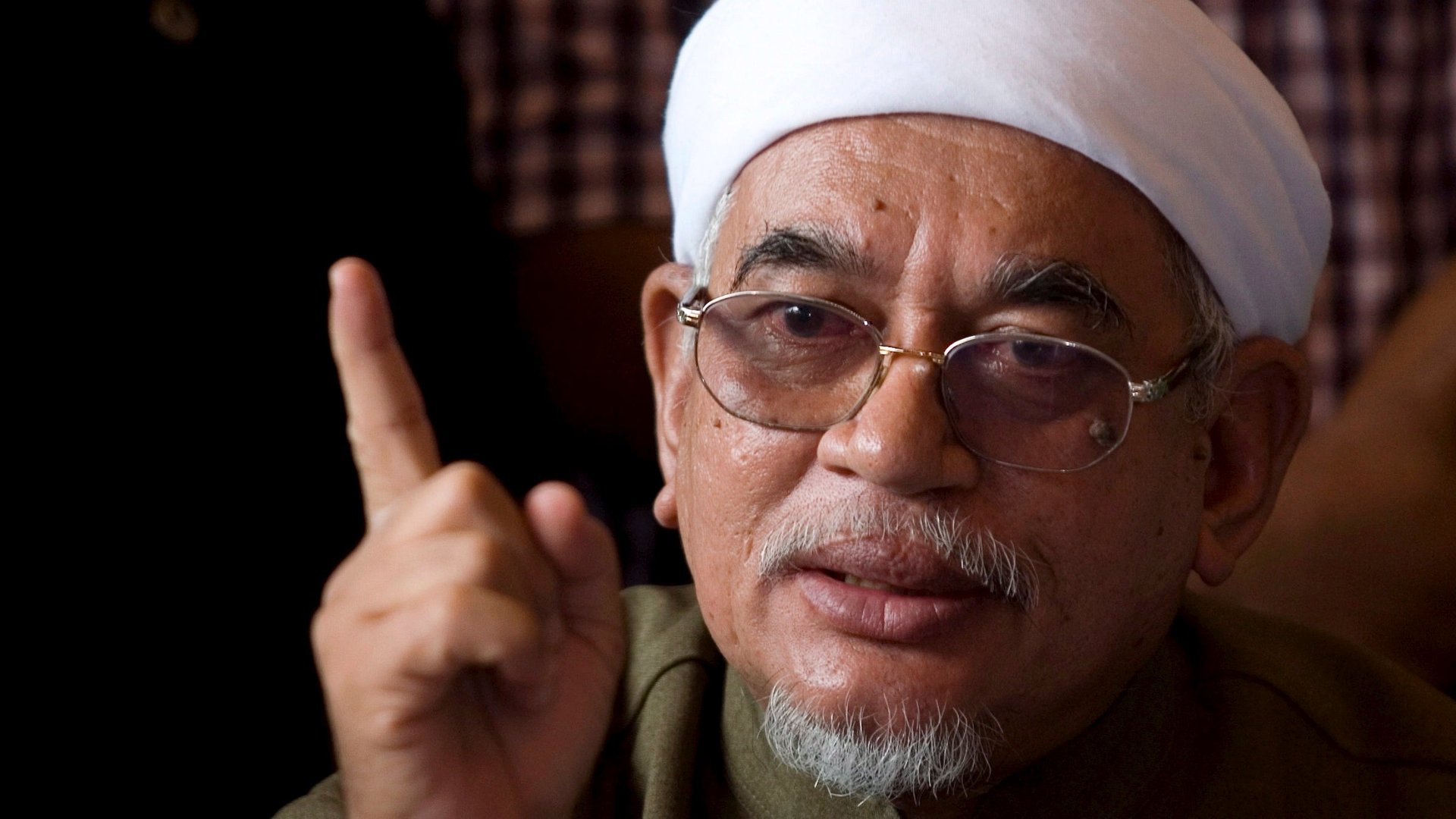Changing political parties could end your marriage in Malaysia’s conservative north
For a politician in any country, switching parties is not to be taken lightly. At the very least, you’re likely to upset members of the party you’re leaving. But for members of one political party in Malaysia, there might be more personal consequences.


For a politician in any country, switching parties is not to be taken lightly. At the very least, you’re likely to upset members of the party you’re leaving. But for members of one political party in Malaysia, there might be more personal consequences.
The Pan-Malaysian Islamic Party (PAS) has been one of the nation’s strongest opposition parties to the ruling Barisan Nasional coalition. Its power base is the nation’s deeply conservative rural north, where it’s ruled the state of Kelantan for decades.
New male party members in Kelantan have for years been forced to make the “bai’ah” oath, which requires them to divorce their wives should they defect from the party for another one. (There’s been no verification on whether this applies to female party members.) Recently the oath has come to light because a number of progressive PAS members left to join Parti Amanah Negara, a new, more moderate opposition party that welcomes non-Muslims.
In response, PAS authorities reminded the defectors of their oath. “PAS would like to remind those who are bound to this bai’ah to refer to what they had uttered and adhere to it,” noted PAS deputy chairman Tuan Ibrahim. PAS president Abdul Hadi Awang said that such individuals would be damned by Allah if they disobeyed the oath. Ahmad Yaakob, head of the state’s executive branch, said a divorce is automatic once you leave the party.
Some expressed concerns about the affect on women and children, should the oath be enforced. Among them was Heng Seai Kie, the chief of non-government organization Wanita MCA, focused on improving the status of women. She argued:
“Why should PAS figuratively chain the wife and children to the husband’s political membership, to an oath which is not cast in stone? PAS subjugates its members’ spouse and children as collateral, to which the latter are not at all signatory to at all… Under no circumstances should divorce be unilaterally announced or determined by any external quarters, be they marriage counsellors, divorce lawyers… or religious authorities.”
Not everyone who’s apparently subject to the oath is buying it, and it’s unclear how enforceable it really is. Khalid Samad, a parliament member who defected from PAS to Amanah, said that instead of divorcing his wife, he could make up for breaking the oath through a special expatiation ceremony. PAS authorities sternly disagreed with him, but he went ahead with it anyway.
Hatta Ramli, another PAS defector, said he didn’t want to be asked about the oath. ”I’m with the other party currently. That question can be asked to PAS members.”